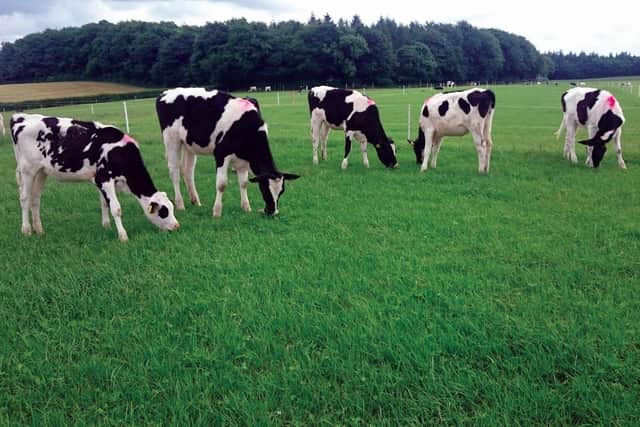AFBI warning of continuing high risk period of lungworm infection (hoose) in cattle
and live on Freeview channel 276
Lungworm is still being diagnosed regularly in the AFBI veterinary laboratory postmortem rooms and given the relatively mild, wet weather conditions so far this autumn lungworm may be a risk for an extended period this year.
Lungworm infection is acquired by the ingestion of larvae from pasture and calves in their first grazing season, such as dairy calves and autumn born suckler calves, are most at risk of being affected. Animals exposed to infection develop a degree of immunity which provides a level of resistance to re-infection in previously exposed animals.
Advertisement
Advertisement
The persistence of this immunity is however dependent on further exposure, otherwise immunity tends to wane over time.


Cases of parasitic pneumonia are now commonly diagnosed by AFBI in older calves and in adult cattle in which immunity to lungworm has waned due to lack of exposure in the intervening period or in animals which were not exposed to lungworm in previous seasons.
Clinical signs of lungworm infection include respiratory signs, panting and harsh persistent cough. Growth rates may be affected. Severe infections result in difficulty in breathing and death.
Effective treatment options are available involving the administration of anthelmintic products.Clinical signs may not be seen for three weeks following exposure.
Speak to your farm veterinarian for advice.